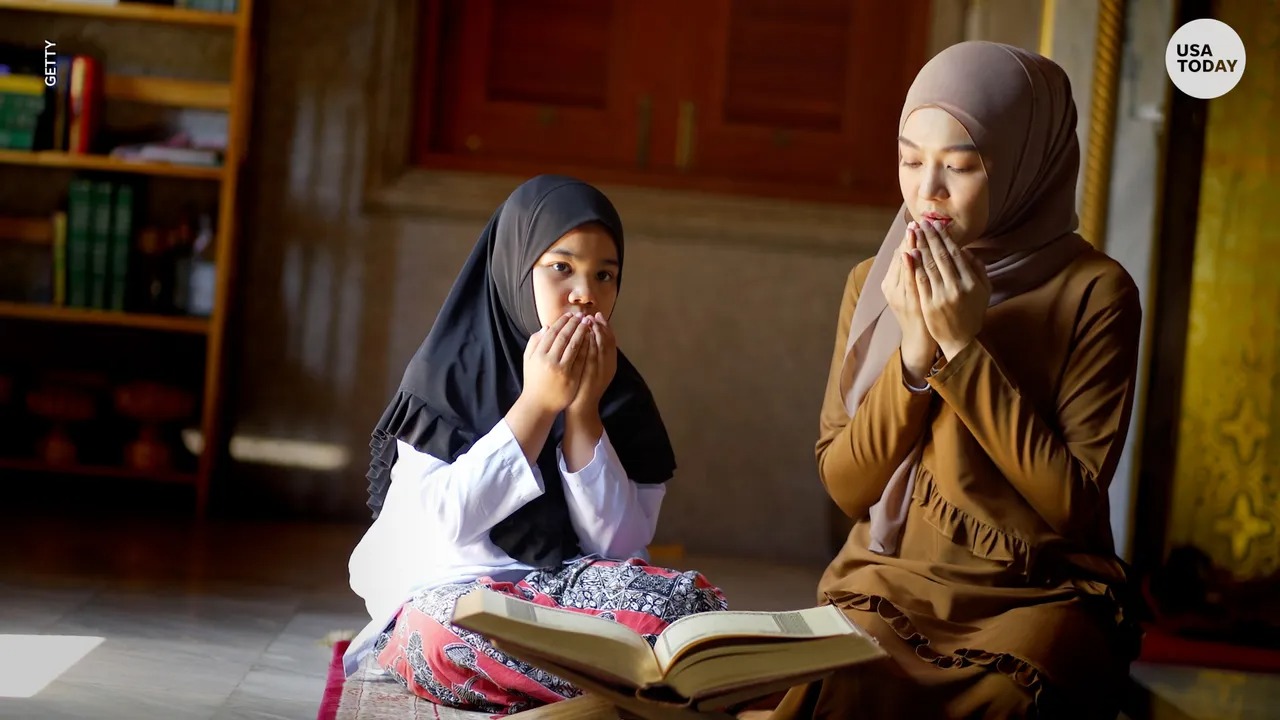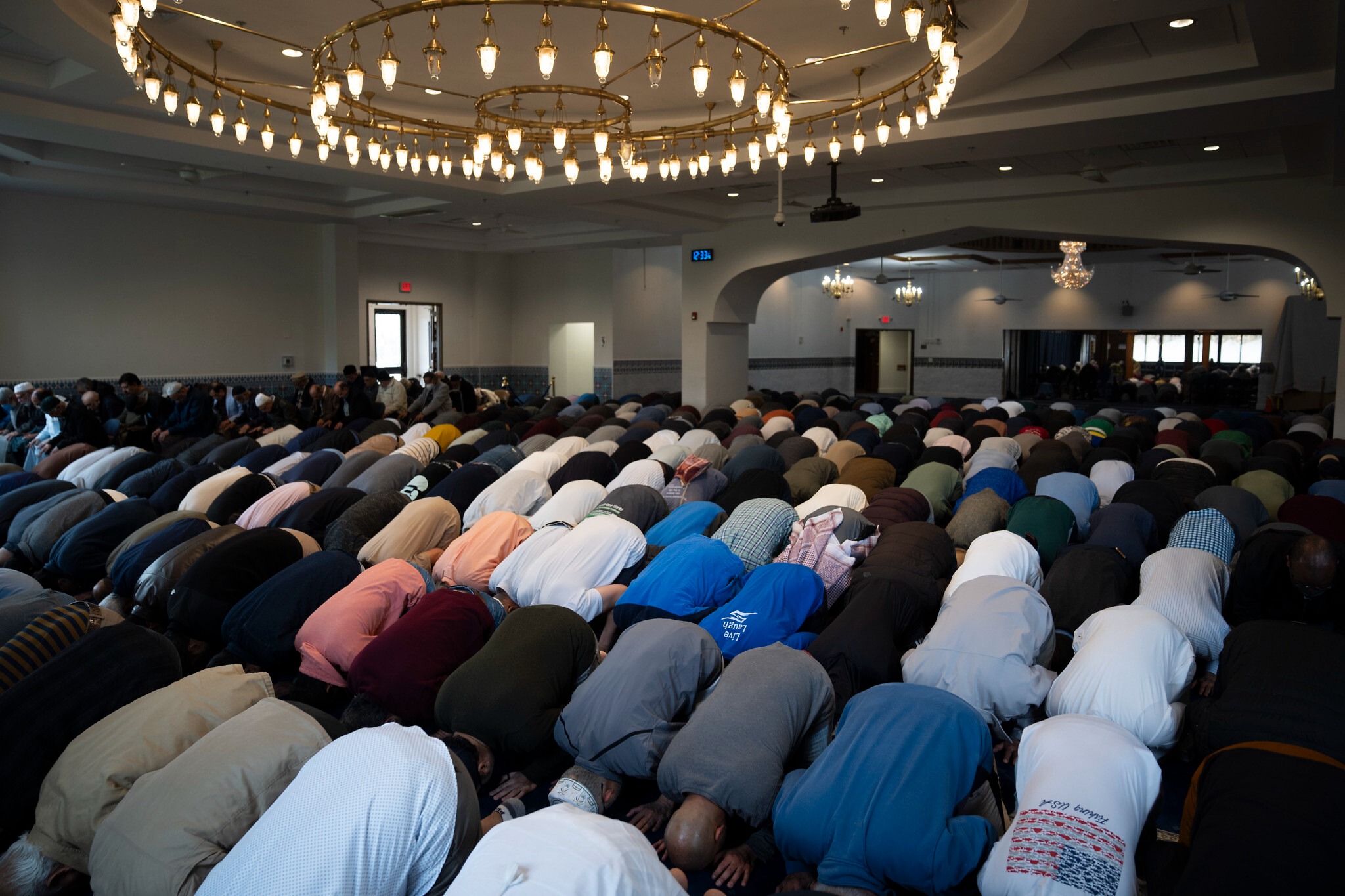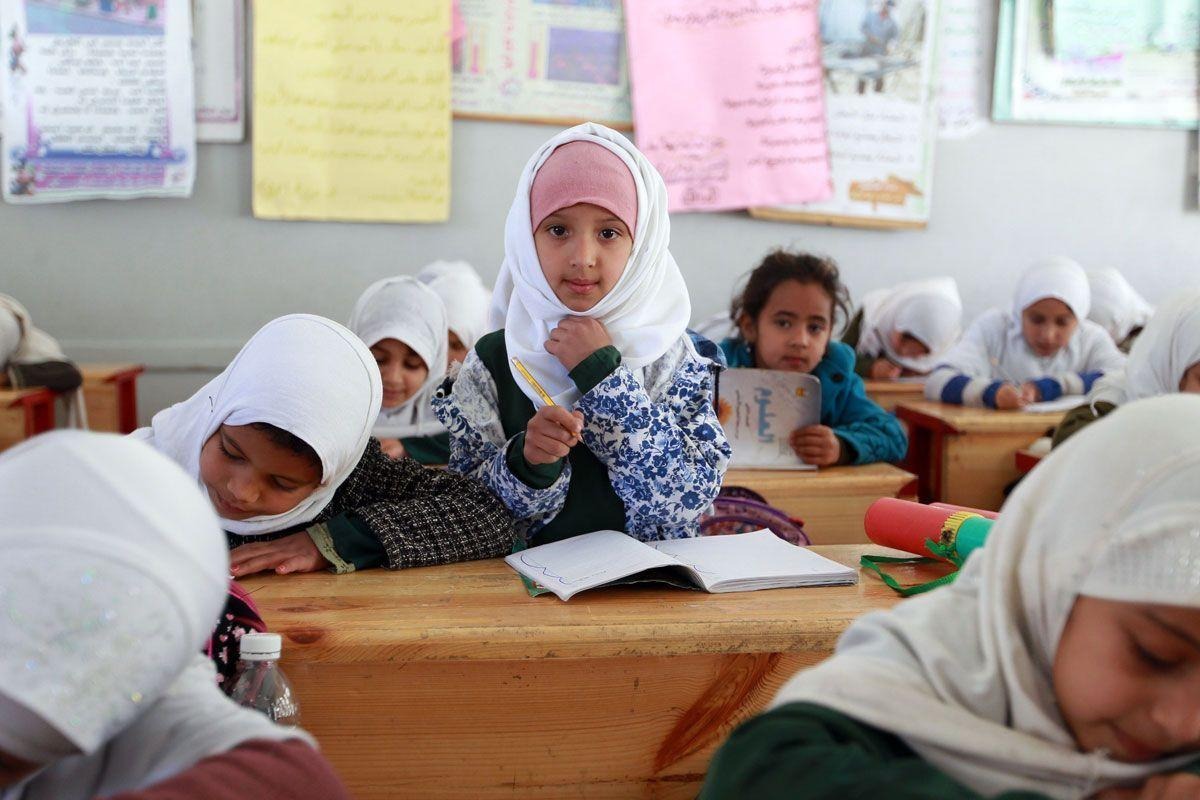Muslim students in the United States have increasingly become a significant presence in communities across the country, leading public schools to pay closer attention to their needs during the holy month of Ramadan.
Ramadan, characterized by dawn-to-sundown fasting, is a crucial duty in Islam, and schools are striving to accommodate students observing this religious practice.
In Dearborn, Michigan, where almost half of the residents are of Arab descent, public school educators make concerted efforts to support students during Ramadan.

Muslim Students in the US (Credits: Detroit Free Press)
David Mustonen, a spokesperson for Dearborn Schools, emphasized that while students are encouraged to practice their faith, they are still expected to complete all academic assignments.
Schools offer alternative spaces or activities during lunch for fasting students, ensuring their religious observance is respected while maintaining their educational responsibilities.
Similarly, in St. Paul, Minnesota, the East African Elementary Magnet School has designated areas in the library for fasting students who prefer not to be in the cafeteria during lunchtime.
Principal Abdisalam Adam noted the school’s commitment to both academic excellence and cultural inclusivity, especially for the predominantly Somali Muslim student body.
However, resources are available to assist school districts that are less familiar with Muslim traditions in accommodating Ramadan observances. Organizations like the Islamic Networks Group provide educational materials to help educators better understand Ramadan’s significance to Muslim students.
This understanding enables schools to make appropriate accommodations, such as excusing fasting students from strenuous activities and allowing them to make up missed assignments due to religious holidays like Eid al-Fitr. Despite the challenges, Muslim families and students appreciate gestures of inclusivity and understanding from their schools.

Muslim Students in the US (Credits: The Times of Israel)
Dr. Aifra Ahmed, a Pakistani American physician, and her husband, Moazzam Chaudry, have actively engaged with their children’s schools to educate others about Ramadan. They emphasize the importance of creating a supportive environment where Muslim students feel accepted and understood.
For many Muslim students, fasting during Ramadan fosters gratitude, spiritual growth, and solidarity with their community. Naiel, a student, appreciates the opportunity to share his religious practices with non-Muslim friends, promoting understanding and camaraderie among classmates.
Similarly, Hussein Mortada emphasizes the significance of family solidarity and prayer during Ramadan, particularly in times of hardship, like the ongoing conflict in Gaza.
In diverse communities like Dearborn and St. Paul, where Muslim populations are significant, schools play a crucial role in fostering an inclusive environment where students of all backgrounds feel respected and valued.
By accommodating religious observances like Ramadan, schools demonstrate their commitment to cultural diversity and religious freedom, enriching the educational experience for all students.























